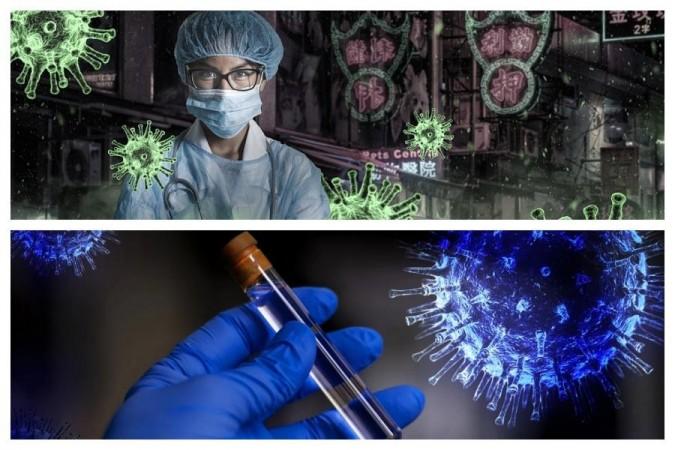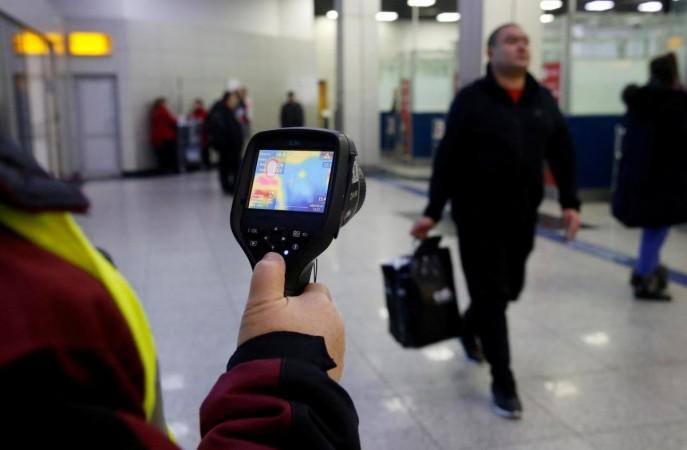World Health Organization experts and a range of other scientists refuted the claims of Professor Alberto Zangrillo, head of intensive care at Italy's San Raffaele Hospital in Lombardy, which bore the brunt of Italy's epidemic, that the new coronavirus was losing its potency.
Zangrillo told Reuters: "We have never said that the virus has changed, we said that the interaction between the virus and the host has definitely changed." He said this could be due either to different characteristics of the virus, which he said they had not yet identified, or different characteristics in those infected.

Live with the virus
Pakistan's Prime Minister Imran Khan cited economic losses and the inability of his government to continue cash handouts to the poor on such a large scale, to justify lifting a coronavirus lockdown despite rising infections and deaths.
In a televised address, Khan said Pakistan couldn't afford to match the losses incurred during the lockdown as many other countries had done, adding: "If people do take care they can live with the virus."
Air bridges
British government ministers are mulling options to replace quarantines for people arriving at airports by the end of June, one being the idea of air bridges, the Telegraph newspaper reported.
The policy of air bridges is meant to enable people from other countries who have achieved lower levels of coronavirus infection to come to Britain. The quarantine policy, which requires all international arrivals to self-isolate for 14 days, goes into effect from June 8, Interior Minister Priti Patel said in May.

Save the crabs
Wildlife advocates are pushing drugmakers to curb the use of prized horseshoe crab blood by switching to a synthetic alternative called recombinant Factor C (rFC) for safety tests that detect bacterial contamination in intravenous drugs or implants, including those needed before a COVID-19 vaccine can be used on humans.
This shift could save 100,000 horseshoe crabs annually on the U.S. East Coast alone and help threatened migratory birds that depend on crab eggs for survival say the National Audubon Society, Defenders of Wildlife and other groups.
Horseshoe crabs' milky-blue copper-rich blood has helped the species to survive for 450 million years - and made it a source of one of the drug industry's most unusual raw materials because it clots in the presence of bacterial endotoxins.

















